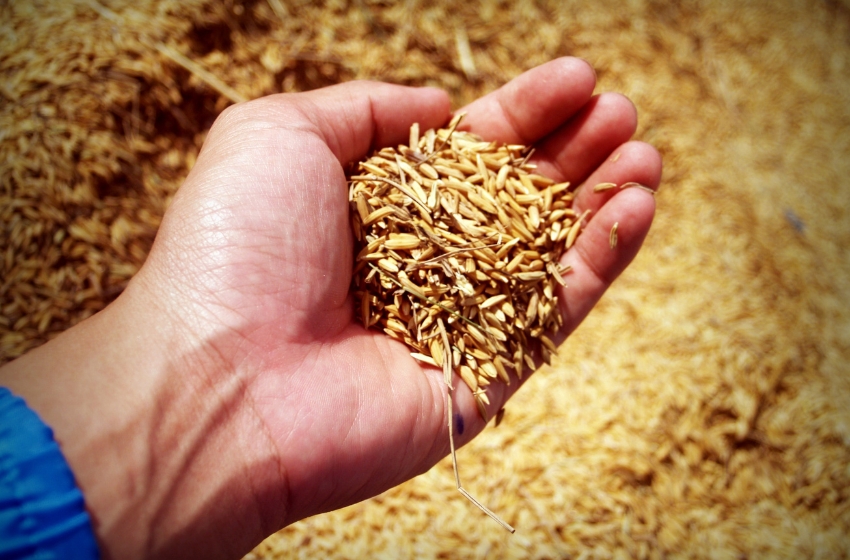Several Ukrainian agricultural associations have appealed to President Volodymyr Zelensky regarding the order issued by the Odesa Regional State Administration, which is obstructing grain exports through Danube ports.
In a joint statement published by the Ukrainian Grain Association, these associations expressed their concerns. The Ukrainian Agricultural Business Club had previously published a similar appeal.
In mid-August, Order No. 19 was issued by the head of the Odesa Regional State Administration and Commander of the "Odessa" troops, which among other things, altered the requirements for submitting tax invoices. The aim of this order was to combat the trade of "gray" grain. The head of the Odesa Regional State Administration, Oleg Kiper, had earlier stated that the proportion of grain of unknown origin in exports from Odessa reaches 30-40%.
However, these associations argue that this order has effectively hindered the operations of major grain exporters. "As is known, the consequences of the order are already being felt on the grain market. Shipments of grain through the Danube ports have already been suspended, the fleet is idle, and farmers are suffering losses," the appeal to Zelensky states.
It is noted that in August, the Ukrainian Grain Association had already appealed to the head of the Odesa Regional State Administration and the Commander of the "Odessa" troops, requesting the cancellation of the order, but no response was received. Additionally, the issue was discussed during a meeting of the Coordination Committee on Logistics under the Ministry of Agrarian Policy.
At present, the associations have approached the president with a request to initiate the cancellation of this order. They have also contacted the Antimonopoly Committee and the State Regulatory Service concerning possible violations of antitrust legislation and principles of state regulatory policy.
A legal analysis conducted by the law firm Interlegal has revealed that the provisions of the order and its appendices contradict the Tax and Customs Codes of Ukraine. The order introduces additional documentary requirements for exporters during the process of export cargo clearance, although such requirements are not stipulated by the legislation.
Specifically, customs and tax legislation does not link the submission of a customs declaration to the loading of goods onto a vessel. The Tax Code does not require the registration of tax invoices before the submission of periodic customs declarations for the export of goods. Furthermore, the legislation does not grant military command and military administration the authority to introduce new procedures, deadlines for cargo customs clearance, and the fulfillment of tax obligations by companies.
According to the Constitution, the criteria for the validity of regulatory legal acts of executive authorities include state registration with the Ministry of Justice and inclusion in the Unified State Register of Regulatory Legal Acts. However, this order is not registered with the Ministry of Justice and therefore does not constitute a regulatory legal act. Instead, the Constitution establishes that the principles of foreign relations, foreign economic activity, customs affairs, the taxation system, taxes, and fees are exclusively determined by the laws of Ukraine.
Violating at least one principle of state regulatory policy is grounds for the cancellation or amendment of an act. Therefore, the order can be referred to the State Regulatory Service, which, after expertise, may require the issuing authority to make appropriate changes to it or cancel it.
Furthermore, since the order only applies within the territory of the Odessa region, it significantly limits the activities of companies exporting goods through the Odessa customs. Meanwhile, the new rules do not apply to companies using other logistics routes, such as railways or trucks, crossing the customs checkpoints in western Ukraine.
As a result, the order may distort competition at the industry level in the field of transporting goods in export mode, creating competitive barriers to the transportation of grain cargoes by sea through the ports of the Odessa region and other modes of transportation when crossing the border in the Odessa region.




















